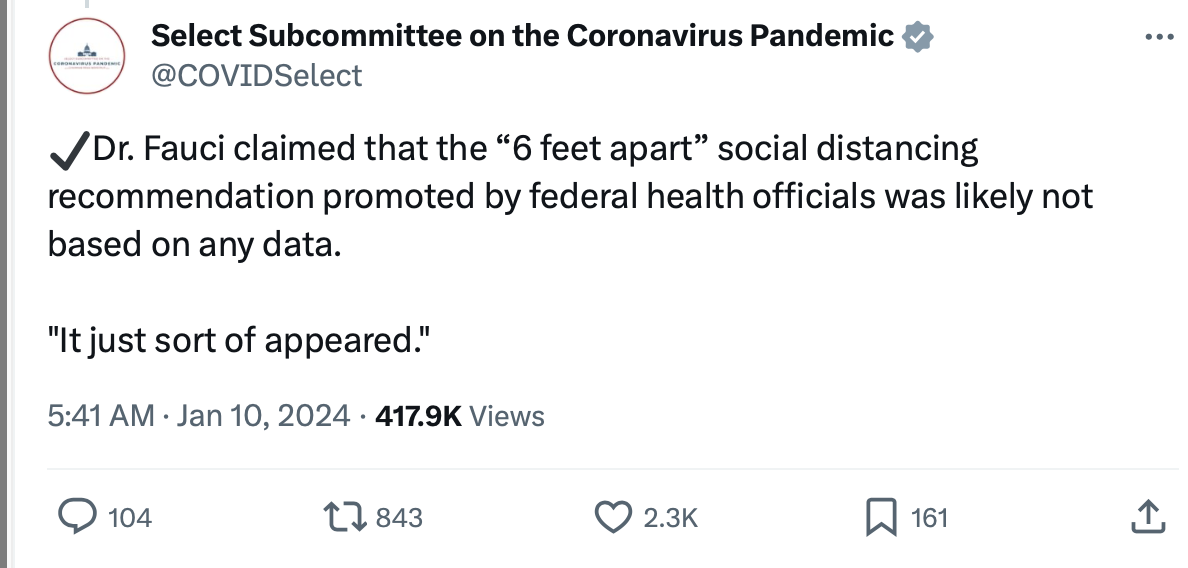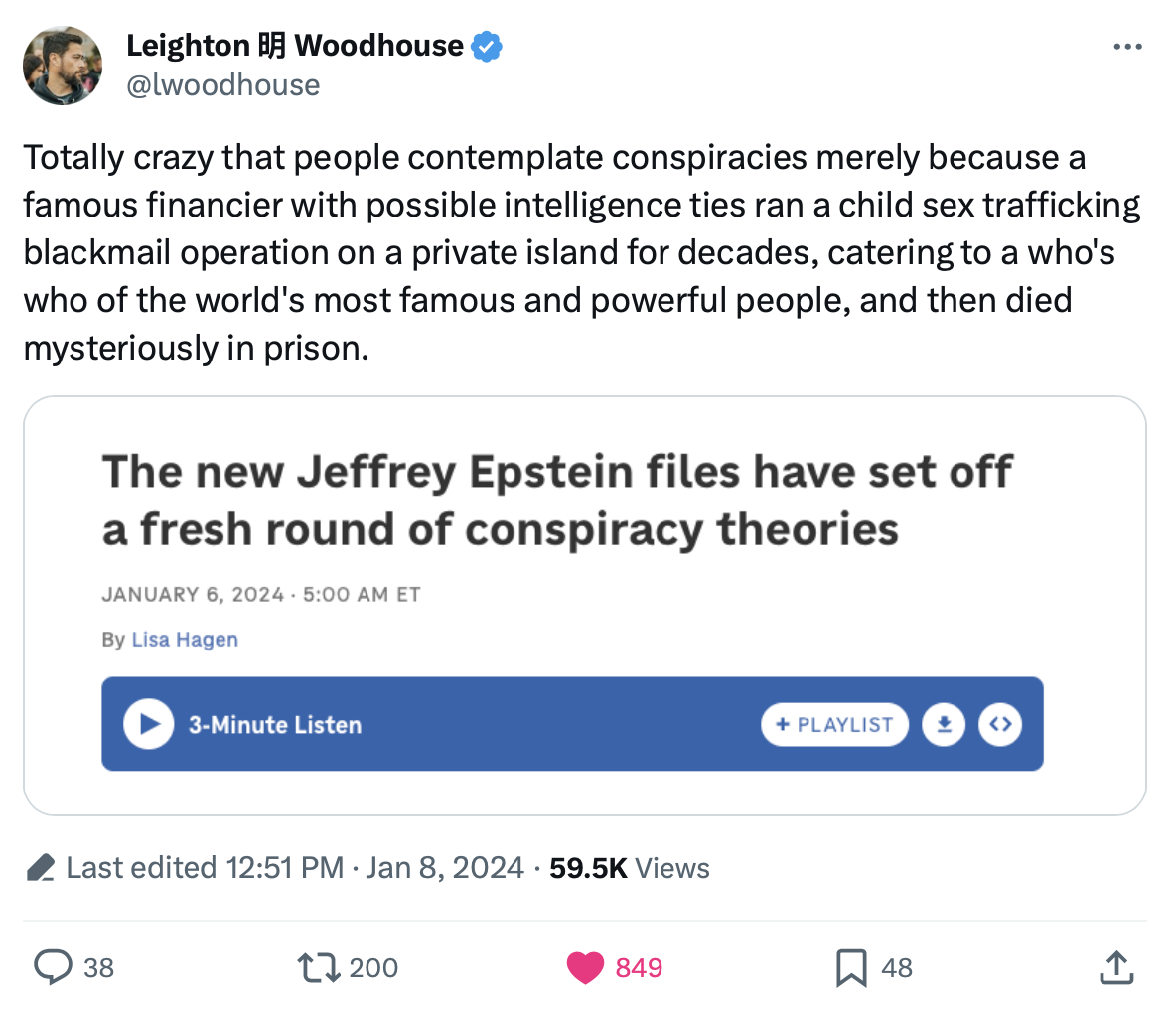Lack of Informed Consent was a Mere Technicality re COVID
Brett Weinstein is correct. Nazi doctors were hanged at Nuremberg for offenses based on lack of informed consent.
George Carlin summarizes the overall problem in "The American Dream":
[T]hey own this fucking place! It's a big club, and you ain’t in it! You, and I, are not in the big club. By the way, it's the same big club they use to beat you over the head with all day long when they tell you what to believe. All day long beating you over the head with their media telling you what to believe, what to think and what to buy. The table has tilted, folks. The game is rigged and nobody seems to notice. Nobody seems to care. Good honest hard-working people . . . continue to elect these rich cock-suckers who don’t give a fuck about you….they don’t give a fuck about you… they don’t give a FUCK about you. They don’t care about you at all… at all… AT ALL. And nobody seems to notice. Nobody seems to care. Thats what the owners count on.
How many people got hurt and died because of the mRNA vax? Good luck finding out. The COVID-industrial complex is working overtime to keep us from finding out, as was exposed in New Zealand recently. It's the same strategy the CDC implemented in May 2023. No data, no problem!
Personal autonomy? Ah, such a quaint old idea. So impractical! Such flowery verbiage! We moderns no longer have the time or luxury to heed such poetry.
We hold these truths to be self-evident, that all men are created equal, that they are endowed by their Creator with certain unalienable Rights, that among these are Life, Liberty and the pursuit of Happiness.—That to secure these rights, Governments are instituted among Men, deriving their just powers from the consent of the governed, —That whenever any Form of Government becomes destructive of these ends, it is the Right of the People to alter or to abolish it, and to institute new Government, laying its foundation on such principles and organizing its powers in such form, as to them shall seem most likely to effect their Safety and Happiness.
And we're just getting started on wiping out informed consent . . .





